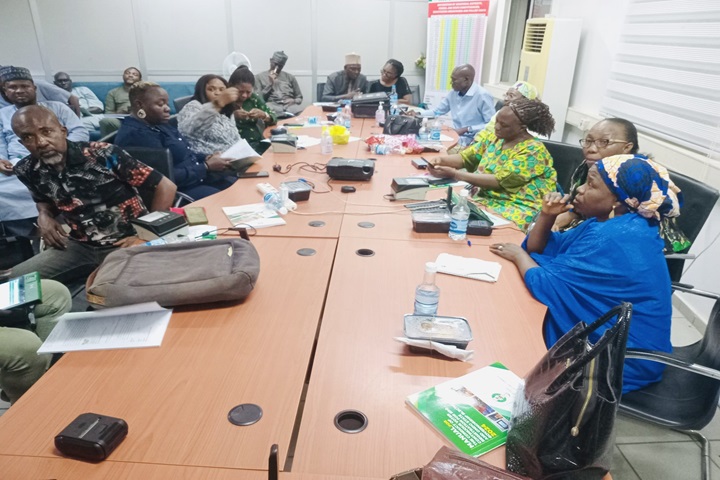Africa
Ethiopia enters 2017: A look into the country’s unique calendar system

Ethiopia, a country with a rich cultural heritage, has entered the year 2017, according to its unique calendar system.
This may come as a surprise to many, as the rest of the world has already entered 2024.
However, Ethiopia’s calendar is about 7-8 years behind the Gregorian calendar, making it a fascinating anomaly.
The Ethiopian calendar is based on the Coptic calendar, introduced to Ethiopia in the 4th century AD.
It consists of 12 months, each with 30 days, plus a 13th month called “Pagumain” with 5 or 6 days, depending on whether it’s a leap year.
This calendar system is a reflection of Ethiopia’s history as one of the oldest civilizations in the world.
The Ethiopian calendar has its own unique characteristics, such as the start of the year on September 11th, which marks the beginning of the Ethiopian New Year, “Enkutatesh”.
This day is celebrated with festivities and traditional foods, showcasing the country’s vibrant culture.
Ethiopia’s calendar system has been in use for centuries, with the country’s ancient kingdoms and empires relying on it to keep track of time.
Despite the introduction of the Gregorian calendar during the colonial era, Ethiopia has maintained its traditional calendar, a testament to its cultural resilience.
In modern times, Ethiopia’s unique calendar system can sometimes cause confusion, particularly in international business and communication.
However, it remains an important part of the country’s identity and heritage.
As Ethiopia enters 2017, the country continues to move forward, embracing its rich history while adapting to the modern world.
Its unique calendar system serves as a reminder of the country’s distinctiveness and its ability to maintain its cultural traditions in the face of globalization.
In conclusion, Ethiopia’s entry into 2017 is a celebration of its unique calendar system and cultural heritage.
As the country continues to grow and develop, its traditional calendar remains an integral part of its identity, setting it apart from the rest of the world.
With its rich history and vibrant culture, Ethiopia’s unique calendar system is a treasure worth preserving.
About Ethiopia:
Ethiopia, officially known as the Federal Democratic Republic of Ethiopia, is a landlocked country located in the Horn of Africa. Here are some key facts about Ethiopia:
1. Ancient History: Ethiopia has a rich and ancient history, with a civilization dating back over 3,000 years.
2. Cultural Heritage: Ethiopia has a unique cultural heritage, with over 80 ethnic groups and more than 200 languages spoken.
3. Language: The official language is Amharic, but many other languages are also spoken.
4. Religion: The majority of Ethiopians are Orthodox Christians, but there are also significant Muslim and animist populations.
5. Cuisine: Ethiopian cuisine is known for its spicy stews (wats) and injera bread.
6. Coffee: Ethiopia is the birthplace of Arabica coffee and is still a major coffee producer today.
7. Landmarks: Famous landmarks include the Rock-Hewn Churches of Lalibela, the ancient city of Axum, and the Simien Mountains National Park.
8. Economy: Agriculture is the mainstay of the economy, with major crops including coffee, cotton, and sugarcane.
9. Population: The population is approximately 115 million people.
10. Capital: The capital city is Addis Ababa, which is also the largest city in the country.
For Diaspora Digital Media Updates click on Whatsapp, or Telegram. For eyewitness accounts/ reports/ articles, write to: citizenreports@diasporadigitalmedia.com. Follow us on X (Fomerly Twitter) or Facebook












